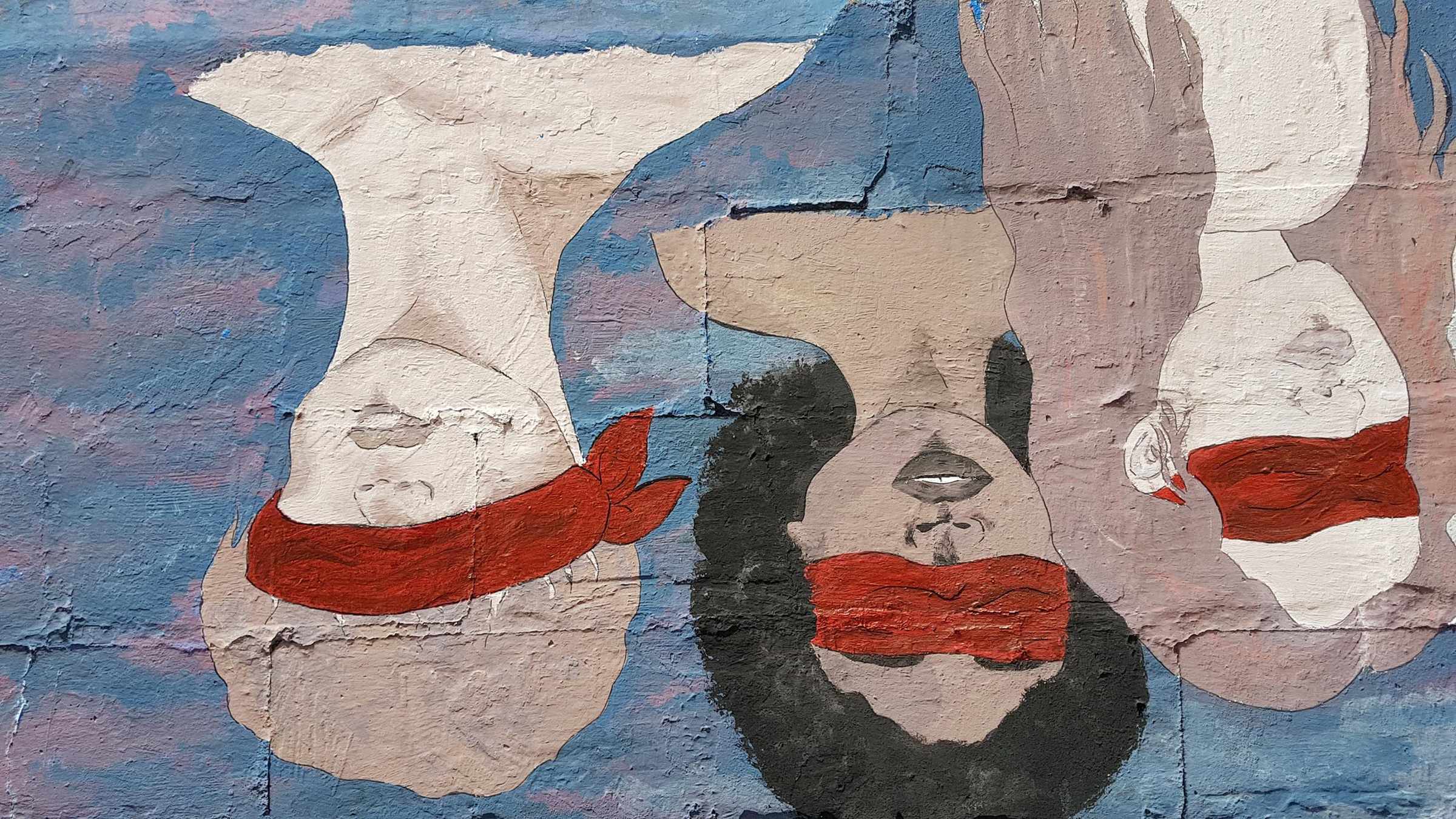Discrimination has been a pervasive problem in India for decades, affecting various groups such as women, Dalits, religious minorities, and members of the LGBTQ+ community. Despite efforts to address this issue, discrimination continues to persist in various forms across the country.
One of the most significant forms of discrimination in India is caste-based discrimination, which affects millions of people belonging to lower castes or Dalits. Despite constitutional guarantees of equality and affirmative action programs, Dalits continue to face discrimination in various areas, including education, employment, housing, and access to basic services. Many face violence and social exclusion, with instances of caste-based atrocities and honor killings still prevalent in some parts of the country.
Women in India also face discrimination, with deep-rooted patriarchal attitudes and practices leading to gender-based violence, unequal access to education and employment opportunities, and restrictions on mobility and decision-making. Despite progress made in recent years, including the passing of laws to protect women's rights and initiatives to promote gender equality, women continue to face discrimination and violence at alarming rates.
Religious minorities in India, including Muslims, Christians, and Sikhs, also face discrimination, with incidents of religiously-motivated violence and hate crimes increasing in recent years. Many religious minorities report facing discrimination in education and employment opportunities, as well as social exclusion and marginalization.
Members of the LGBTQ+ community in India also face significant discrimination, with same-sex relationships still criminalized under Section 377 of the Indian Penal Code until it was struck down by the Supreme Court of India in 2018. Despite this landmark ruling, LGBTQ+ individuals continue to face discrimination and stigma, including barriers to healthcare and employment, and the inability to access legal protections and recognition of their relationships.
Efforts to address discrimination in India have been ongoing, with the government implementing various policies and programs aimed at promoting equality and protecting the rights of marginalized communities. However, more needs to be done to ensure that these efforts are effective and lead to tangible improvements in the lives of those affected by discrimination.
Education and awareness campaigns can play a significant role in challenging discriminatory attitudes and behaviors, as well as increasing empathy and understanding across communities. Legal reforms are also necessary to ensure that existing laws are implemented effectively and provide adequate protection to marginalized groups. Additionally, greater representation of marginalized communities in positions of power can help to ensure that their voices are heard and their needs are addressed.
In conclusion, discrimination remains a significant problem in India, affecting various groups across the country. Addressing this issue requires a sustained and concerted effort from all stakeholders, including the government, civil society, and individuals. By working together, we can create a more inclusive and equitable society that upholds the rights and dignity of all its members.

